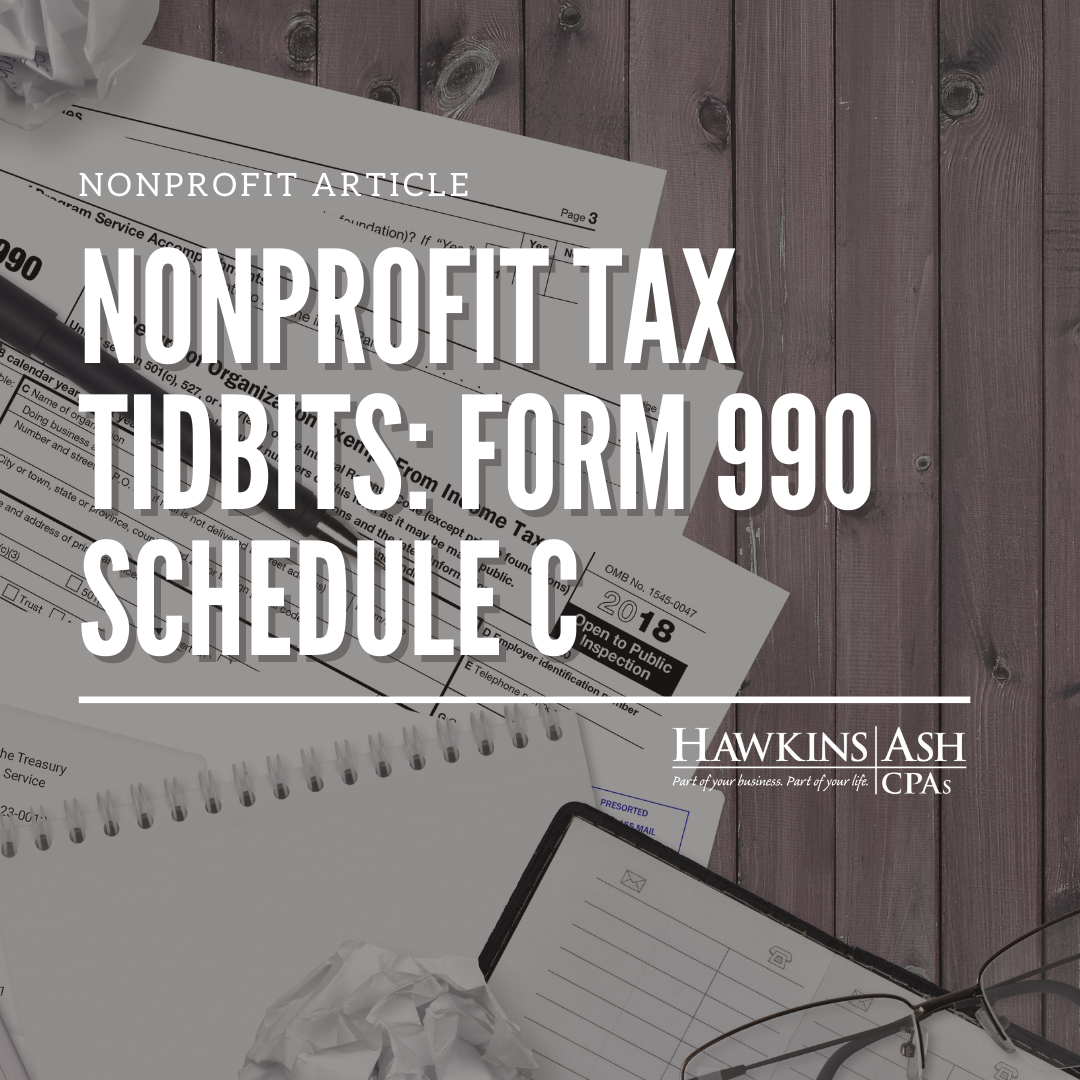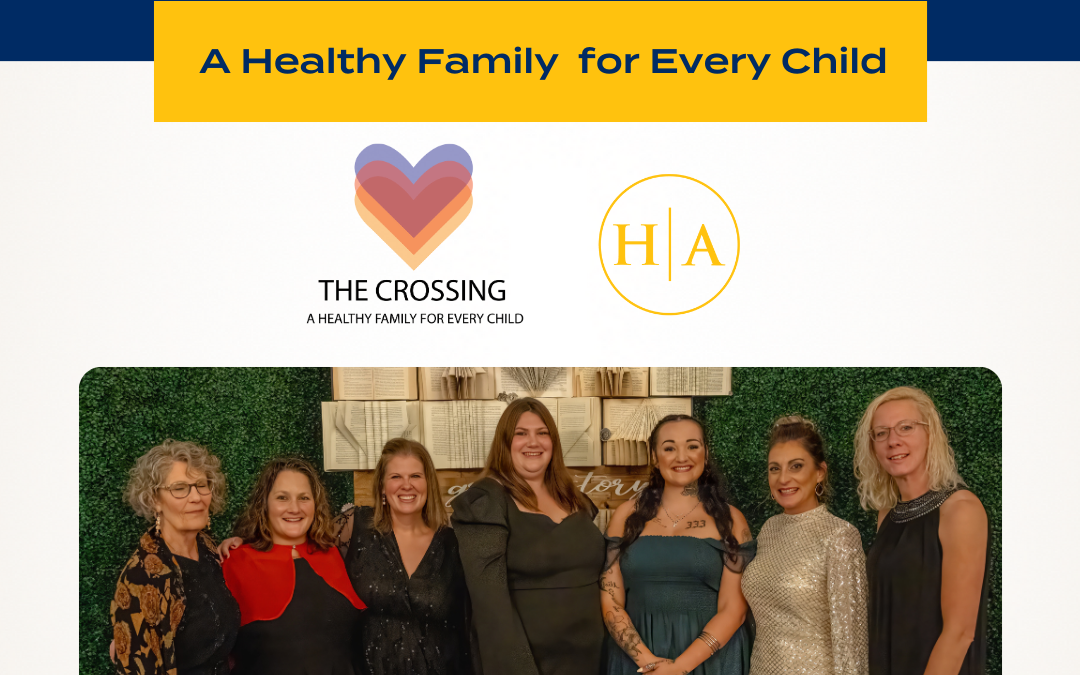Schedule C is used by Section 501(c) organizations and Section 527 organizations to furnish additional information on political campaign activities or lobbying activities. An organization that answers “Yes” on Form 990, Part IV, Checklist of Required Schedules, line 3 (political campaign activities), line 4 (lobbying activities), or line 5 (membership dues or assessments) or on Form 990-EZ, Part V, line 46 (political campaign activities) or Part VI, line 47 (lobbying activities), must complete the appropriate parts of Schedule C. An organization that answers “Yes” on Form 990-EZ, Part V, line 35c, because it is subject to the section 6033(e) notice and reporting requirements and proxy tax, must complete Schedule C, Part III. In addition, if an organization has an ownership interest in a joint venture that conducts political campaign or lobbying activities, the organization must report its share of such activity occurring in its tax year on Schedule C.
What Are Political Campaign Activities?
Political campaign activities are those that support or oppose candidates for elective federal, state or local public office. Political expenditures consist of any direct or indirect expenditure made to support these activities, including a payment, distribution, loan, advance, deposit, or gift of money or anything of value. Political campaign activities do not include any activity to encourage participation in the electoral process, such as voter registration or voter education, provided that the activity does not directly or indirectly support or oppose any candidate.
What Are Lobbying Activities?
Lobbying activities are those intended to influence foreign, national, state or local legislation. Such activities include direct lobbying (attempting to influence the legislators) and grassroots lobbying (attempting to influence legislation by influencing the general public). Lobbying expenditures (including allocable overhead and administrative costs) are costs paid or incurred for the purpose of attempting to influence legislation.
Note: Tax-exempt nonprofit organizations categorized as a 501(c)(3) are generally permitted to perform some amount of lobbying activities (cannot be substantial) but are absolutely prohibited from engaging in political activities. Violations of the regulations controlling political and lobbying activities can result in loss of tax-exempt recognition or the incurrence of fines (in the form of excise taxes described in IRC 4955).
3 Parts of Schedule C
Part I
This section is completed by organizations that have engaged in direct or indirect political campaign activities. Completion of the various subsections of Part 1 is determined by the type of organization you are.
- Part 1-A (501(c) and 527 organizations): Requires a description of an organization’s political campaign activities, the amount spent conducting those activities, and a reasonable estimate of volunteer hours used on those activities.
- Part 1-B (501(c)(3) only): Requires disclosure of any excise tax incurred during the year under section 4955 by organization or organization managers and a description of the steps taken to correct the activity that subjected it to the 4955 tax.
- Part 1-C (501(c), excluding 501(c)(3)): Requires disclosure of amounts expended by the filing organization or amounts contributed to other organizations by the filing organization for section 527 exempt function activities. Also required is specific information about the 527 political organizations to which payments were made.
Part II
This section applies only to 501(c)(3) organizations that have engaged in lobbying activities. As previously mentioned, a 501(c)(3) is precluded from devoting a substantial part of its efforts to lobbying. To clarify the definition of substantial, Congress enacted guidelines allowing eligible organizations to elect to use IRS Sec. 501(h) (by filing Form 5768 with the IRS) which details out how much an organization can spend on legislation without risking their tax exempt status:
- 20% of the first $500,000 of exempt purpose expenditures, plus
- 15% of the next $500,000, plus
- 10% of the next $500,000, plus
- 5% of any remaining expenditures (to a cap of $1,000,000 of total lobbying expenditure)
Additionally, there is a separate limitation on grassroots lobbying expenditures, which is equal to 25% of the limitation for total lobbying expenditures (up to $250,000 max).
- Part II-A: Requires disclosure of lobbying costs incurred by organizations that have a valid election under 501(h).
- Part II-B: Requires disclosure of lobbying costs incurred by organizations that have not filed for the 501(h) expenditure election and includes questions regarding the loss of 501(c)(3) status or taxes imposed because of substantial lobbying.
Part III
This section applies to 501(c)(4), 501(c)(5), and 501(c)(6) organizations that received membership dues, assessments or similar amounts as defined in Revenue Procedure 98-19. These organizations are potentially subject to Section 6033(e) Notice and Reporting Requirements and Proxy Tax which requires them to tell their members what portion of their membership dues were allocable to the political or lobbying activities of the organization. If this information is not provided, the organization is subject to a proxy tax (reported on Form 990-T).
- Part III-A: Requires organizations to answer questions to determine if the notice and reporting requirements apply. If they do, completion of Part III-B is required.
- Part III-B: Requires organizations to report the aggregate amounts of the following: dues/assessments received from members, lobbying and political expenses incurred, and the nondeductible dues amount reported to members (through timely notification) to determine if a proxy tax is owed.
If you believe you have engaged in (or plan to engage in) political or lobbying activities or have any questions regarding Schedule C of the Form 990, please contact your Hawkins Ash CPAs representative.





